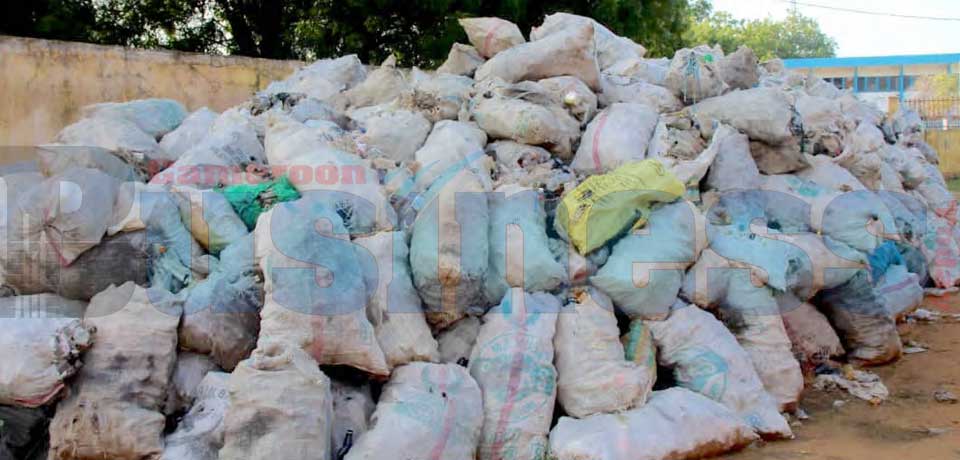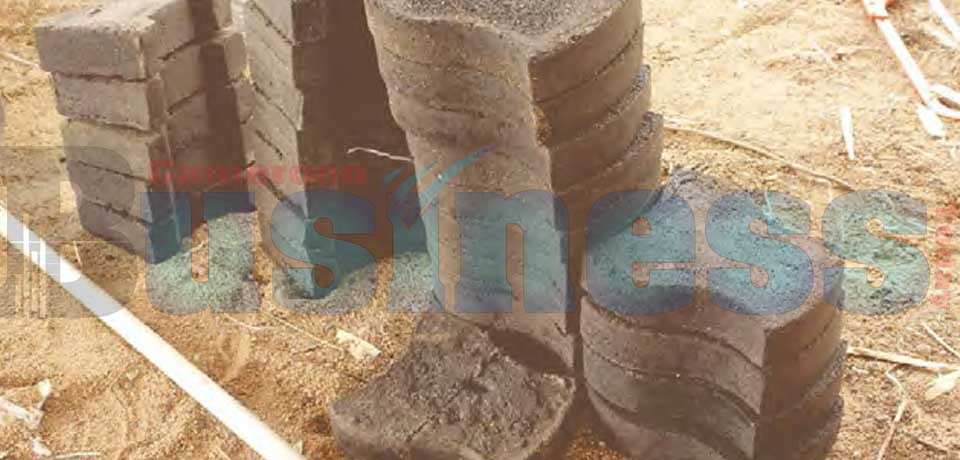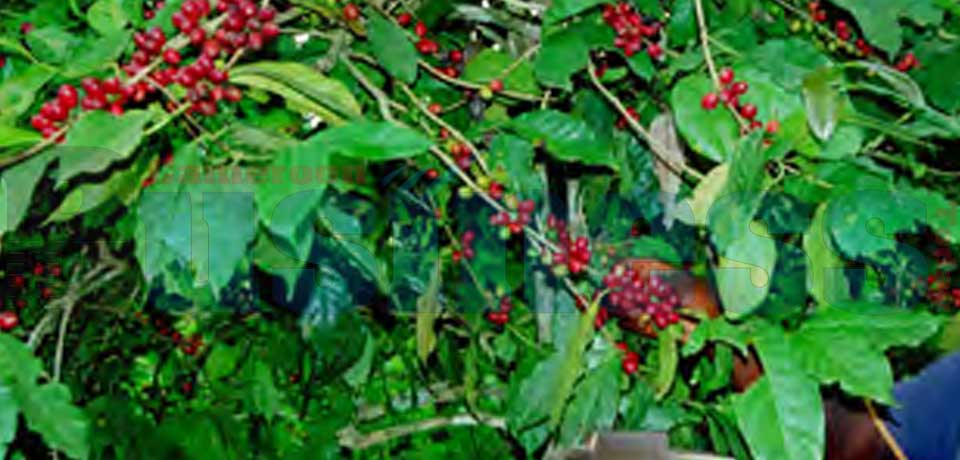Tebonsso Nantia Valery in charge of production, SERAPH.
What is your take on the alleged extinction of raffia bushes ?
I would say it is not an overstatement. If absolute care is not taken, raffia that is gradually disappearing will completely go extinct. Most wetlands where raffia used to occupy have been transformed into tomato farms and other food crops while others have cleared it for the construction of houses. The destruction does not only affect tappers, but the community at large especially as ecosystem is concerned. It has also led to the increase in prices of raw material for handicraft and a reduction in the items produced using raffia raw materials. Even the raffia fruits that used to be sold at 10 FCFA for a stick of up to eight of the fruits during the 90s is now sold at between FCFA 50 and FCFA 100 in some villages. We are here to say no to the deforestation of raffia and yes to reforestation. We teach by example and that is why for three years now, we have been producing pasteurised raffia drink loved by many Cameroonians who are reminded of their roots each time they sip a glass of the ever fresh pasteurised wine. What are the challenges SERAPH faces in the production process. The challenges are enormous but we are doing our best to surmount though we can’t go up to a certain level without the intervention of the authorities. To begin with, packaging is a huge problem that needs intervention. Getting bottles is really a difficult task. We have been to a certain glass packaging production company but they turned us down. Getting the crowns is equally a problem. We import crowns from Belgium though a bit expensive. We import seven cartons of crowns with one carton having up to 49,000 making a total of 343,000 crowns that we can use for many years. Getting people to know about our product and having a market is one of our greatest worries. Advertising in public and private media is q...















Commentaires